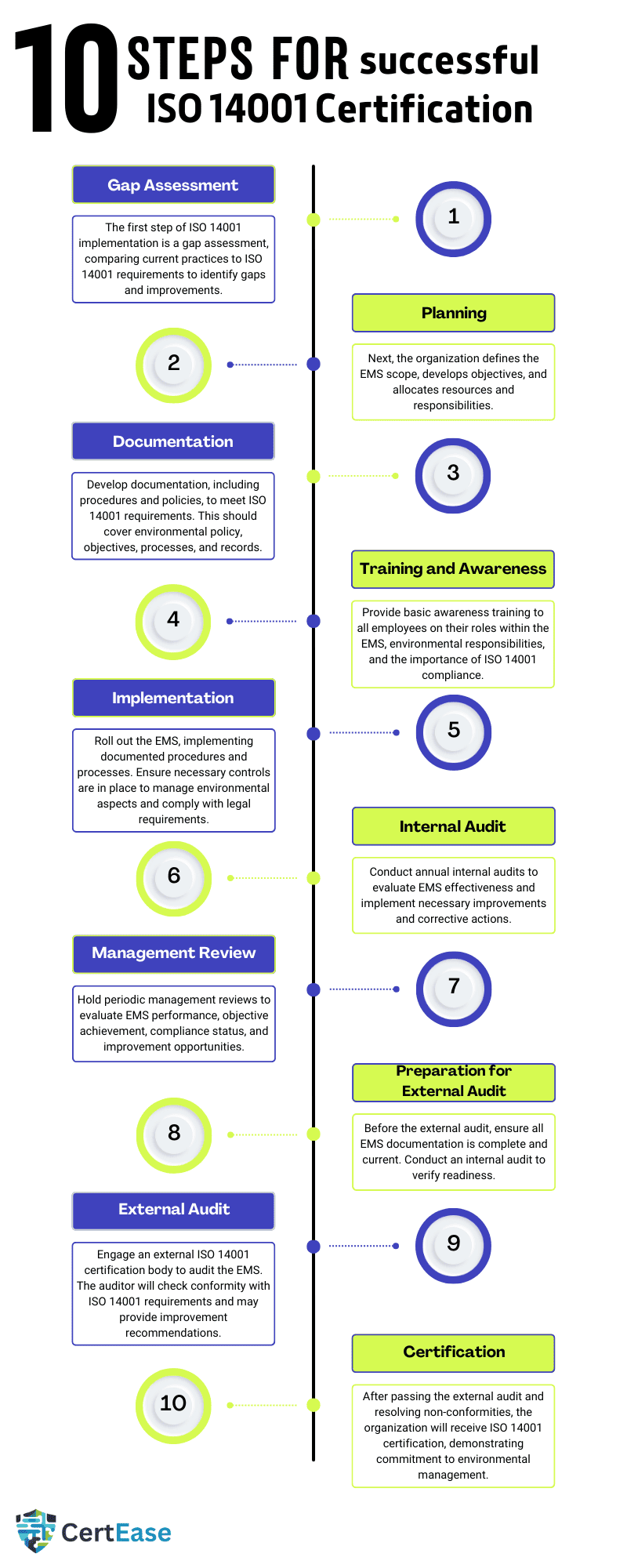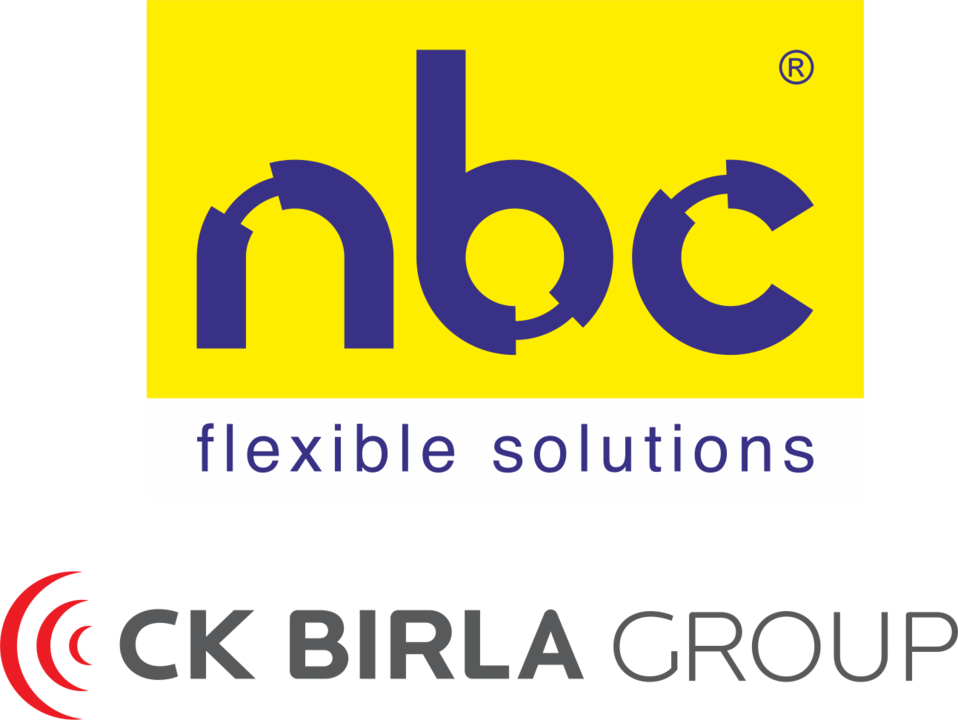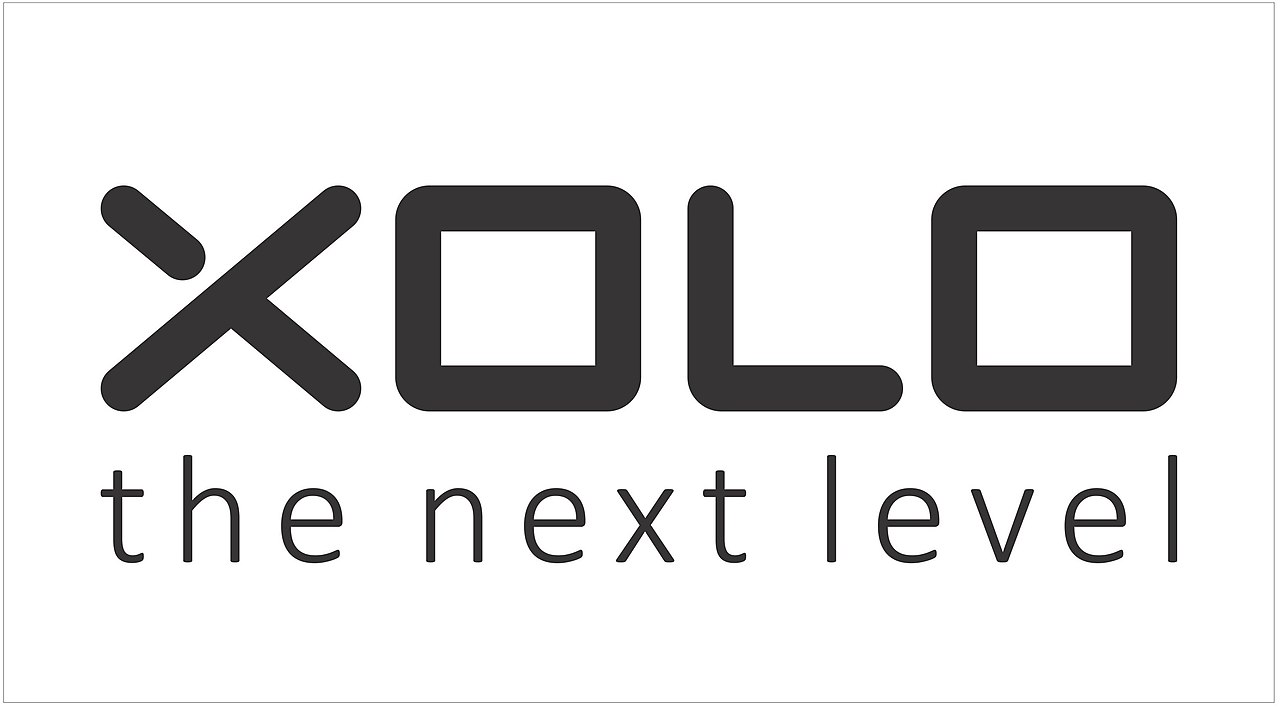Please fill out the details below, and one of our executives will be in touch with you shortly!
CertEase is a renowned & top ISO 14001 consultant in Saudi Arabia. We provide ISO 14001 consulting services in Saudi Arabia and across major cities which include Riyadh, Jeddah, Mecca, Medina, Dammam, Khobar, and Abha.
Our aim is to make ISO 14001 certification in Saudi Arabia accessible and affordable for all organizations that are looking to get ISO 14001 compliant, regardless of the organization’s size, location, or nature of business Our ISO 14001 consultation services in Saudi Arabia cover all the steps included in the ISO 14001 implementation process such as gap assessment, training, documentation, internal audit, registration, third-party audit & assistance in clearing the audit & obtaining the certification.
Our ISO 14001 consultation services meet the specific requirements of each organization & provide tailored solutions. ISO 14001 is not about just getting certification is important for companies to thoroughly implement standards and meet all the requirements set by the standard to maintain quality and environmental aspects.
By choosing an experienced consultant & implementing the best practices of ISO 14001 standard, you can develop a strong environmental management system within your organization that will help reduce risks and streamline the manufacturing process & improve their environmental performance which helps reduce costs, manage waste & improve quality of the overall product & services.
Contact CertEase to guide you through the ISO 14001 certification process in Saudi Arabia and improve the quality and safety of your product & services and become an environmentally friendly organization.

ISO 14001 certification is a globally recognized international standard for environmental management systems. It helps organizations manage their environmental impact by providing a framework to identify, control, and reduce environmental risks & increase their environmental sustainability. ISO 14001 standard is published by ISO (the International Organization for Standardization) and it is applicable to every organization regardless of its size, nature of business, or location.
The most recent version of the ISO 14001 standard was published in the year 2015, and is referred to as “ISO 14001:2015.” Achieving ISO 14001 in Saudi Arabia shows the organization’s commitment to sustainability and responsible environmental practices. This is an internationally agreed & accepted environmental management system standard by complying with ISO 14001, businesses can improve efficiency, save costs, and build trust with the customers & vendors, Showcasing their dedication & commitment towards minimizing their footprint on the planet while meeting regulatory requirements.
ISO 14001 means: EMS in Saudi Arabia stands for Environmental management system. This standard consists of the policies, processes, plans, manuals, practices, and records that define the rules & provide guidelines on how your company should interact with the environment.
It involves identifying environmental aspects like energy usage, waste generation, and emissions, then setting goals to minimize these impacts and improving the overall efficiency of the operations. By complying with ISO 14001 standards in Saudi Arabia, organizations can make sure that they are taking committed measures in reducing their environmental footprint & meet legal requirements by achieving environmental objectives.
ISO 14001 is an internationally recognized & accepted standard that sets out the requirements for the environmental management systems and implementing this standard into your organization has many benefits to offer. Below listed are some of the key advantages of ISO 14001 certification.
1. Commitment & Responsibility towards Environment: ISO 14001 compliance in Saudi Arabia shows that a company is committed to developing & maintaining environmental management practices and sustainability.
2. Enhanced environmental performance of the organization: ISO 14001 implementation helps organizations improve their environmental performance & set clear goals and objectives to achieve them.
3. Build organization’s reputation: Having ISO 14001 quality assurance in Saudi Arabia can improve the company’s reputation and make it more attractive to customers and partners who give importance to sustainability & environmental practices
4. Cost Saving: It can help save costs by using resources efficiently and help reduce waste in everyday operations.
5. Legal compliance: ISO 14001 guidelines in Saudi Arabia can also help companies comply with environmental regulations and avoid legal issues or penalties
6.Continuous improvement: The environmental management system in Saudi Arabia encourages a culture of continuous improvement, which will help companies find ways to minimize their environmental impact & improve overall efficiency.
7. Retention of employees: Employees often take pride in working for a company that values environmental responsibility, which can improve morale and employee retention.
8. New business opportunity: Environmental management certification in Saudi Arabia can help open up new business opportunities, especially in industries where environmental concerns are given high importance.
9. Improved relationship with vendors & stakeholders: It provides a framework for companies to engage with stakeholders and demonstrate their commitment to sustainable practices.
Overall, ISO 14001 certification can be a powerful tool for companies that are looking to operate the business in a more environmentally friendly and socially responsible manner.
The cost of obtaining ISO 14001 certification in Saudi Arabia can vary depending on the size of your organization, the complexity of your operations, the number of locations & number of employees & departments operating within the organization.
The primary expenses include hiring an ISO 14001 consultant in Saudi Arabia to implement the environmental management system (EMS) to get the organization compliant with ISO 14001 standards. ISO 14001 consulting agency in Saudi Arabia will assess your current practices, identify gaps, and develop procedures & documentation to meet ISO 14001 requirements.
Other costs may include training employees on new environmental protocols, do’s and don’ts, ISO 14001 documentation preparation, external auditing & certification fees. The certification process itself involves an initial audit followed by periodic surveillance audits every year to ensure ongoing compliance with the ISO 14001 standard, which also adds to the overall cost.
Other indirect costs may be involved additionally in making operational changes to reduce environmental impact and improve the sustainability of the overall operations of the organization, which can vary depending on your industry and current practices. Overall, while the cost of ISO 14001 certification can be considerably more, it helps showcase your commitment towards environmental responsibility and can lead to long-term cost savings and an improved reputation of your organization within your industry.
To know the approximate cost of ISO 14001 implementation in Saudi Arabia you can drop an inquiry on our official website you will receive a detailed proposal from our experts with the timeline, deliverables & cost for complete ISO 14001 certification services in Saudi Arabia.
ISO 14001 environmental certification in Saudi Arabia is a generic standard that is applicable to any organization, regardless of its size, industry, or location. The ISO 14001 standard is designed in such a way that is it adaptable and flexible with different types of businesses and sectors. Below listed are some of the industries where ISO 14001 is applicable:
•Manufacturing: Industries such as automotive, electronics, pharmaceuticals, and food processing where production processes are involved can cause major environmental impacts due to resource consumption and waste generation & disposal.
•Service Industries: This includes hospitality, healthcare, and transportation sectors that manage large facilities and have impacts on the environment related to energy consumption, waste management, and water usage.
•Construction and Engineering: EMS in Saudi Arabia is required for Companies that are involved in the development of infrastructure, construction of buildings, and civil engineering projects that need to manage environmental impacts like the use of land, emissions, and resource consumption
•Energy: Power generation and utility sectors that aim to reduce environmental impacts related to energy production, emissions, and extraction of resources need to comply with EMS requirements.
• Extractive & Mining Industries: Industries that are involved in mining & extractive works will need to get ISO 14001 compliant in Saudi Arabia to manage things related to land disturbance, water use, waste disposal, and community impacts.
•Logistics and Warehousing: Industries that are involved in transportation, storage, and distribution that may have environmental impacts from vehicle emissions, packaging waste, and energy consumption need to get ISO 14001 registration in Saudi Arabia
•Technology: Including IT services and electronics manufacturing that focus on reducing e-waste, energy efficiency, and responsible disposal practices.
•Agriculture and Food Production: Sectors involved in farming, fisheries, and food processing that may cause impacts on our surroundings & environment related to the usage of land & water resources and by producing wastes
•ISO 14001 certification helps these industries improve their environmental performance, comply with regulations, and meet customer expectations for sustainable practices.
ISO 14001 environmental management system in Saudi Arabia is designed & structured around ten clauses that provide requirements for the effective implementation of EMS. Here’s a complete explanation of every clause:
1. Scope: The organization must define the boundaries and applicability of the Environmental Management System (EMS) within the organization and its products, services, and activities.
2. Normative References: Identify other standards or documents taken as reference for EMS implementation to maintain consistency and compatibility with ISO 14001 requirements.
3. Terms and Definitions: Clarify specific terminology used throughout ISO 14001 to ensure common understanding and interpretation across the organization and with external stakeholders.
4. Context of the Organization: Identifying & Understanding the internal and external factors that affect the environmental performance of the organization and it is also important for an organization to determine the scope of the EMS.
5. Leadership: Top management must showcase their commitment towards the development of EMS & its policies and make sure there are enough resources are available for effective implementation of ISO 14001:2015
6. Planning: Set environmental objectives, identify risks, and check if there are any opportunities to improve and plan the actions to achieve goals while keeping legal requirements into consideration.
7. Support: Provide resources, train employees, provide awareness to the staff on environmental policies, and communicate responsibilities across the organization.
8. Operation: Plan & Implement measures to control environmental impact to maintain compliance and be ready to face emergencies.
9. Performance Evaluation: Monitor, measure, analyze data, and evaluate environmental performance against objectives & check for improvement.
10. Improvement: Take corrective actions when objectives are not met, and implement preventive measures to continually enhance & improve the EMS.
Internal Audit: Conduct regular audits to ensure EMS conformity, identify areas for improvement, and maintain compliance with ISO 14001 requirements.
Management Review: Top management reviews the EMS regularly to ensure its suitability, adequacy, effectiveness, and alignment with organizational goals.
Annex A (Informative): Provides additional guidance and examples for implementing ISO 14001 effectively based on practical applications and considerations.
Collectively these clauses guide organizations in developing, implementing, maintaining, and improving a strong EMS, promoting environmental responsibility, and achieving sustainable development goals.
To apply for environmental management systems certification in Saudi Arabia, you will need to prepare and submit several documents. Below is the list of the common documents that are required for ISO 14001 standard compliance in Saudi Arabia:
1. Environmental Policy: A one-page document that showcases the commitment of top management towards environmental management and compliance with ISO 14001 standards. It contains the organization’s goals, vision & mission.
2. Environmental Management System (EMS) Manual: The manual document outlines the scope & the requirements of your EMS which includes procedures & processes related to environmental management.
3. Aspects of Environment and Impacts Assessment: Document for Identification of environmental aspects which include activities, products, and services that interact with the environment and their potential impacts caused by them.
4. Legal documentation and Other Requirements: Documentation that are applicable to legal requirements related to environmental aspects of the operations.
5. Objectives, Targets, and Programs: Defined environmental goals & objectives, along with programs & plans to achieve them.
6. Operational Controls: Procedures to make sure that all the operational activities are conducted in a preventive manner that reduces the risk to the environment and complies with legal requirements.
7. Procedure for Emergency Preparedness and Response: Document that contains Plans and procedures on how to respond to environmental emergencies and how to prevent them from occurring again.
8. Monitoring and Measurement: Develop Methods and criteria for monitoring and measuring key operations and activities of the organization that can have an impact on the environment.
9. Records Management: Procedures for maintaining documented information (records) as evidence of conformity to ISO 14001 requirements and effective operation of the EMS.
10. Internal Audit Program: A schedule and procedures for conducting internal audits to check the effectiveness of the EMS and compliance with ISO 14001 standards.
11. Management Review: Documented Evidence to showcase that top management reviews the EMS at regular intervals to ensure its effectiveness & maintain stability.
12. Corrective and Preventive Actions: Procedure document for addressing nonconformities, taking corrective actions, and implementing preventive actions to stop recurrence.
13. Documentation of Training, Awareness, and Competence: Evidence to showcase that employees are trained & are competent to perform everyday tasks that could cause major environmental impacts, and provide them awareness of the importance of conforming to ISO 14001 requirements in Saudi Arabia.
14. Communication: Procedures for internal and external communication regarding the EMS include information on how environmental aspects are communicated.
15. Supplier and Contractor Management: Procedure document for evaluating the environmental performance of suppliers and contractors, and making sure that they conform to the requirements of EMS.
collectively these documents showcase that your organization has implemented a strong & effective environmental management system that aligns with the requirements of ISO 14001. The specific requirements and documentation may vary slightly from organization to organization depending on the certification body and the nature of the business & activities.
Implementing ISO 14001 in Saudi Arabia involves several key steps from initial assessment to external audit:
1. Gap Assessment: The first step of the ISO 14001 implementation process is to conduct a gap assessment this process involves checking the organization’s current environmental practices against ISO 14001 requirements and identifying gaps and areas of improvement.
2. Planning: Next the organization needs to define the scope of the environmental management system (EMS) & develop objectives and allocate necessary resources and responsibilities.
3. Documentation: Develop documentation such as procedures and policies that showcase how the organization will meet ISO 14001 requirements, the documents should include environmental policy, objectives, processes & records
4. Training and Awareness: Provide basic awareness training to all the employees at all levels on their roles within the EMS and develop awareness about environmental responsibilities and the importance of ISO 14001 compliance.
5. Implementation: Roll out the EMS across the organization, implementing procedures and processes as outlined in the documentation. Make sure that there are necessary controls put in place to manage environmental aspects and comply with legal requirements.
6. Internal Audit: Conduct internal audits regularly at least once a year to check the effectiveness of the EMS and identify areas for improvement. Internal Audit findings will help in making necessary adjustments and put corrective actions in place.
7. Management Review: Hold periodic management reviews to check the performance of EMS and also the achievement of objectives, compliance status, and opportunities for improvement.
8. Preparation for External Audit: Before the external audit by a certification body, Make sure all EMS documentation is complete and up-to-date. Conduct an internal audit to verify readiness for the certification audit.
9. External Audit: Engage with an external ISO 14001 certification body in Saudi Arabia to conduct an audit of the EMS. The auditor will check the organization’s conformity with ISO 14001 requirements and may provide recommendations for improvement.
10. Certification: Upon successful completion of the external audit and clearing all the non-conformities, the organization will receive ISO 14001 certification, showcasing commitment towards environmental management and continuous improvement.
By following these steps systematically with the help of an ISO 14001 certification agency in Saudi Arabia organizations can effectively implement environmental management in Saudi Arabia improve their environmental performance, and achieve recognition for their environmental management efforts through certification.
ISO 14001 certification is provided by certification bodies that are accredited by accreditation bodies recognized by the International Accreditation Forum (IAF). The IAF is a global association of accreditation bodies that is responsible for maintaining consistency and credibility in the certification process in different countries across the globe.
ISO 14001 Accredited certification bodies in Saudi Arabia undergo strict assessment by these accreditation bodies to ensure they have the competence, impartiality, and capability to conduct ISO 14001 audits in Saudi Arabia effectively. They should meet strict guidelines and standards set by the IAF, which include requirements for qualifications of the auditors, auditing processes, and reporting.
Organizations looking for environmental management ISO certification in Saudi Arabia should choose a certification body that is accredited by a recognized accreditation body endorsed by the IAF.
This accreditation makes sure that the certification is credible & recognized internationally by the customers and other interested parties, showcasing the organization’s commitment towards environmental management and sustainability.
ISO 14001 audit in Saudi Arabia is usually conducted by independent certification bodies or ISO 14001 auditing firms in Saudi Arabia accredited by relevant ISO 14001 accreditation bodies in Saudi Arabia.
These organizations employ trained & certified auditors who check an organization’s environmental management system (EMS) against the requirements of the ISO 14001 standard. The auditor makes sure that the company complies with environmental regulations & checks its environmental performance & provides inputs on how to continuously improve its environmental practices.
Auditors will check ISO 14001 documentation, interview staff, and conduct onsite inspections of the facility to check the effectiveness of the EMS implementation in Saudi Arabia.
Post external audit the auditors provide reports highlighting areas of compliance and areas that need improvement, providing insights for companies to improve their environmental performance. Choosing the right auditor is very important, as their credibility and expertise directly impact the validity and usefulness of the audit & the certification.
The validity of a certification ISO 14001 usually lasts for three years. During this period of 3 years of span, the ISO 14001-certified companies in Saudi Arabia must undergo regular surveillance audits from the certification body to maintain compliance with the EMS requirements.
These surveillance audits happen once a year & they serve as checkpoints to verify & confirm that the organization maintains its environmental management system and continues to meet the necessary standards for maintaining EMS requirements.
After the completion of the three-year validity period, the organization must undergo a recertification audit to renew the ISO 14001 certification, Which helps the company showcase its commitment to the environment and continual improvement.
Hiring an ISO 14001 consulting agency in Saudi Arabia is important for organizations because they can help expedite the ISO 14001 implementation process in Saudi Arabia & assist the organizations in all the implementation millstones & provide expert guidance where it is necessary & increase the chances of successful certification.
ISO 14001 Consultants in Saudi Arabia also help streamline your organization’s existing process & improve your organization’s EMS practices. Below mentioned are some of the roles & responsibilities of ISO 14001 consultancy in Saudi Arabia.
•Providing expert guidance & assistance in ISO 14001 legal and regulatory requirements: ISO 14001 consultants in Saudi Arabia help organizations understand the requirements of the ISO 14001 standard and how to implement & meet those requirements to showcase legal & regulatory compliance of the organization
•Conducting a gap assessment for ISO 14001 standard: EMS Consultants in Saudi Arabia will conduct a gap analysis to understand where the organization’s exiting process currently falls when compared with the ISO 14001 requirements and provide a detailed gap assessment report with the findings and areas of improvement.
•Assistance in the development & creation of documentation related to EMS: ISO 14001 experts in Saudi Arabia will help organizations create necessary documentation required by the ISO 14001 standard such as EMS manual, policies, procedures, work instructions forms & records, and implement necessary best practices to meet ISO 14001 certification requirements in Saudi Arabia and provide necessary training to staff on the new system & do’s & don’ts and their responsibilities.
•Performing ISO 14001 internal audits: consultants for ISO 14001 in Saudi Arabia will help organizations conducting internal audits for their EMS to check its effectiveness & performance to ensure compliance with the ISO 14001 standard & get the organization prepared for the final certification audit.
•Conduct ISO 14001 Awareness training: Consultants will provide necessary ISO 14001 awareness training to the staff & help them understand the importance of an Environmental management system and what is expected out of them in day-to-day activity.
•Facilitating certification: ISO 14001 consultants in Saudi Arabia will help organizations prepare for the external certification audit process & provide necessary support in clearing non-conformities found during the audit and guide in putting corrective action in place and obtaining the certification.
If you are looking for ISO 14001 consulting services in Saudi Arabia, CertEase stands out as one of the best choices. With their extensive experience in the industry for over 15 years and dedication to quality, CertEase offers tailored solutions to make sure your environmental management system processes meet the highest level of quality standards.
Their team of experienced professionals provides expert guidance & assistance throughout the ISO 14001 consultation process, from initial project planning till you receive the final certification, ensuring smooth compliance with ISO 14001 requirements.
Collaborating with CertEase it is assured that your company will receive personalized attention and support every step of the ISO 14001 implementation, which leads to Improved efficiency, reliability, and compliance in your operations. Choose CertEase for exceptional ISO 14001 consulting services that will help your success and satisfaction.
EMS environmental management system in Saudi Arabia outlines key principles that help organizations minimize their impact on the environment while remaining efficient and sustainable. Below listed are the key principles:
By complying with these above ISO 14001 principles, organizations can not only meet regulatory requirements but also gain a competitive advantage with improved efficiency, reduced costs, and enhanced reputation for environmental management. ISO 14001 attestation in Saudi Arabia provides a structured framework that promotes sustainable practices and responsible corporate citizenship.
To obtain ISO 14001 certification online in Saudi Arabia, Contact CertEase one of the top and most reliable ISO 14001 consulting agencies in Saudi Arabia. Our trained & experienced team of 14001 consultants will guide you through the entire implementation process of ISO 14001 step by step. Simply get in touch with us at +91 8951732524 or via email at contact@certease.com. Our team is ready to assist you every step of the way toward achieving certification for your environmental management system (EMS) in Saudi Arabia.
Start by reaching out to us to initiate the certification process. We’ll start with an initial discussion to understand your organization’s current environmental practices and readiness for ISO 14001. Next, our consultants will conduct a detailed gap assessment to identify if there are any gaps that need to be addressed to meet the requirements of ISO 14001 standards.
Our experts will guide you through the development of necessary ISO 14001 documentation which includes policies, objectives, procedures, and processes tailored to your organization’s needs & help and implement them. Also, provide support and training to your team to make sure they are prepared for the certification process & face the audit.
Once your EMS is in place, we’ll conduct internal audits to verify compliance with ISO 14001 requirements. Finally, an ISO 14001 accredited certification body will perform the formal audit to assess your EMS. Upon successful completion of the ISO 14001 external audit, The certification body will issue an ISO 14001 certificate with the audit report, Which will help showcase your organization’s commitment towards environmental responsibility and sustainability.
Contact CertEase today to start your journey towards ISO 14001 environmental management in Saudi Arabia and enhance your environmental performance.
Choosing the right ISO 14001 consultants involves Checking for their experience & their previous projects, Make sure they understand your industry and organizational needs which should include case studies and client testimonials. Set up a meeting with the consultant to discuss your needs & requirements and check for compatibility with the consultant.
Discuss the scope of the project, timeline, and deliverables before finalizing the contract & monitor regularly the progress, and provide feedback so that the project stays on track. Following these steps will help you hire a qualified ISO 14001 certification agency in Saudi Arabia to support your organization in achieving an ISO 14001 accredited certificate in Saudi Arabia & building a strong Environmental management system.

Directly or indirectly improving the organization’s profits in the short/long term in a sustainable manner
Our seasoned professionals bring expertise to every project, ensuring precision and success.
Our dedicated team ensures reliability and prompt solutions around the clock, Count on us for unwavering support.
Our experts bring verified proficiency to address your specific needs. Choose assurance, choose excellence.
Tailored to suit your specific business needs, our services make it effortless for you to obtain high-quality certifications.








Please complete the form below to receive a detailed Cost Estimation.
